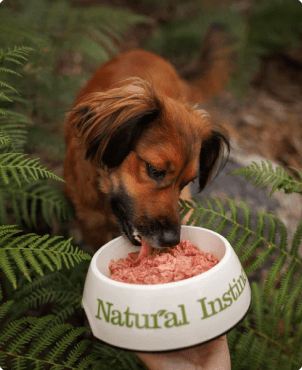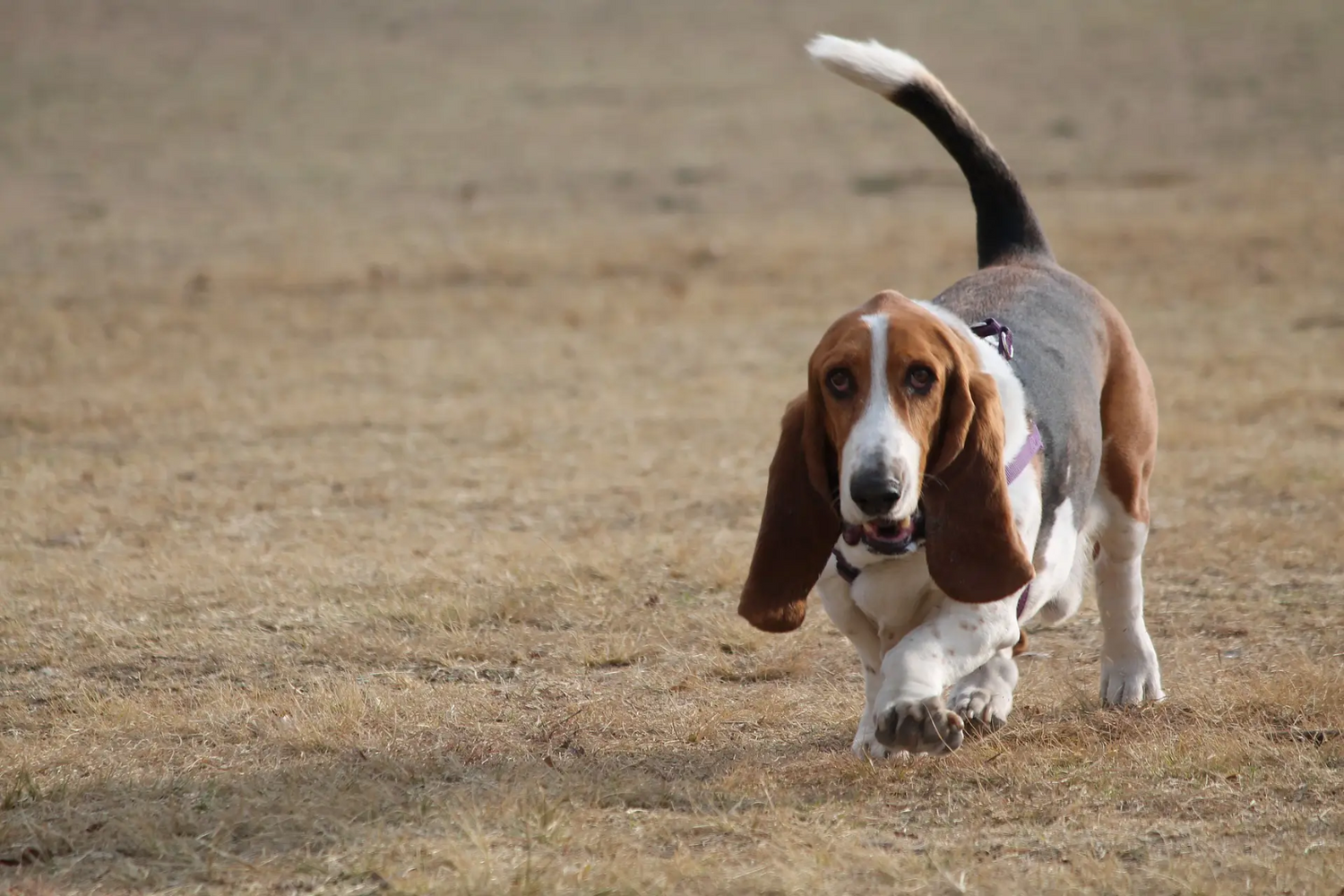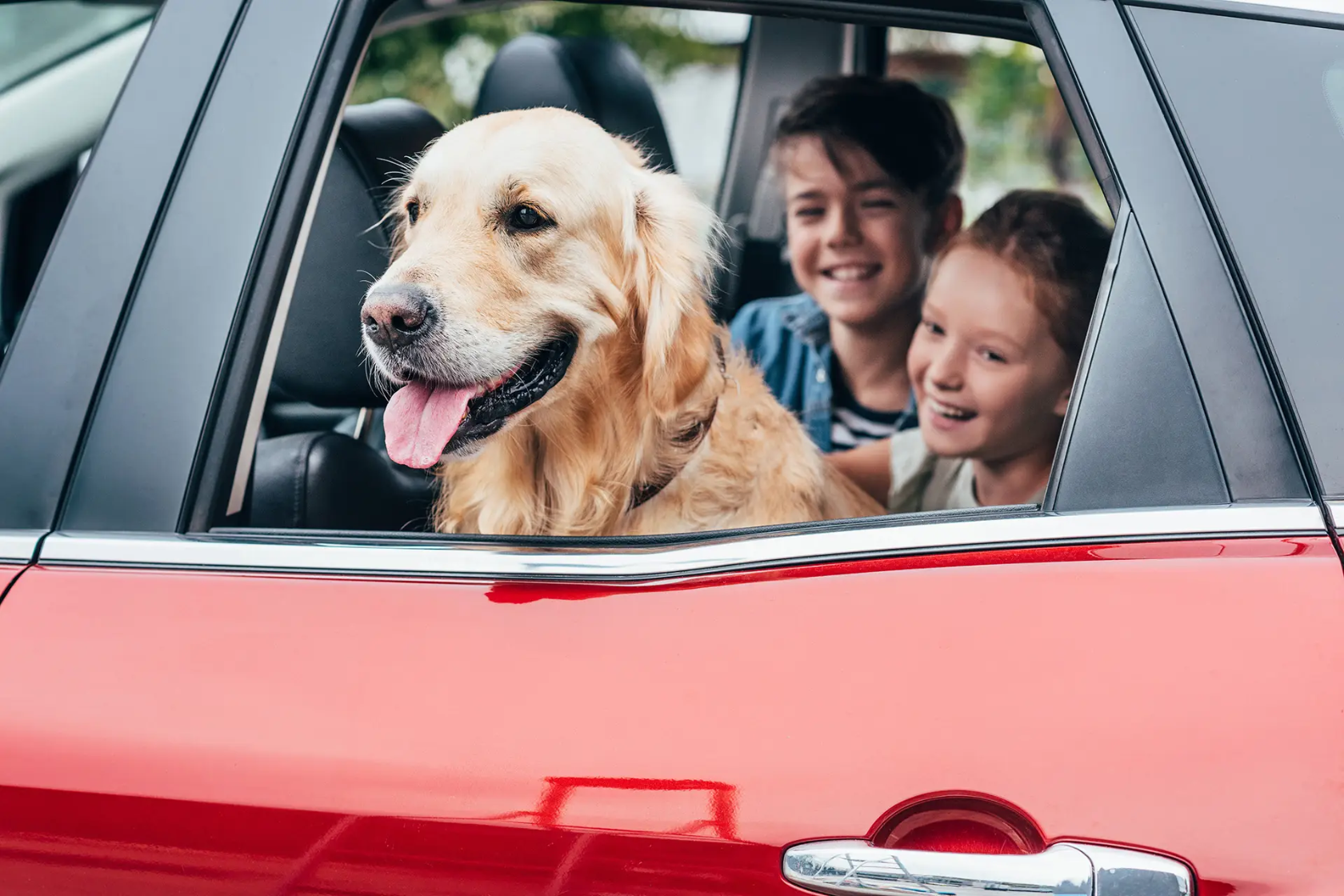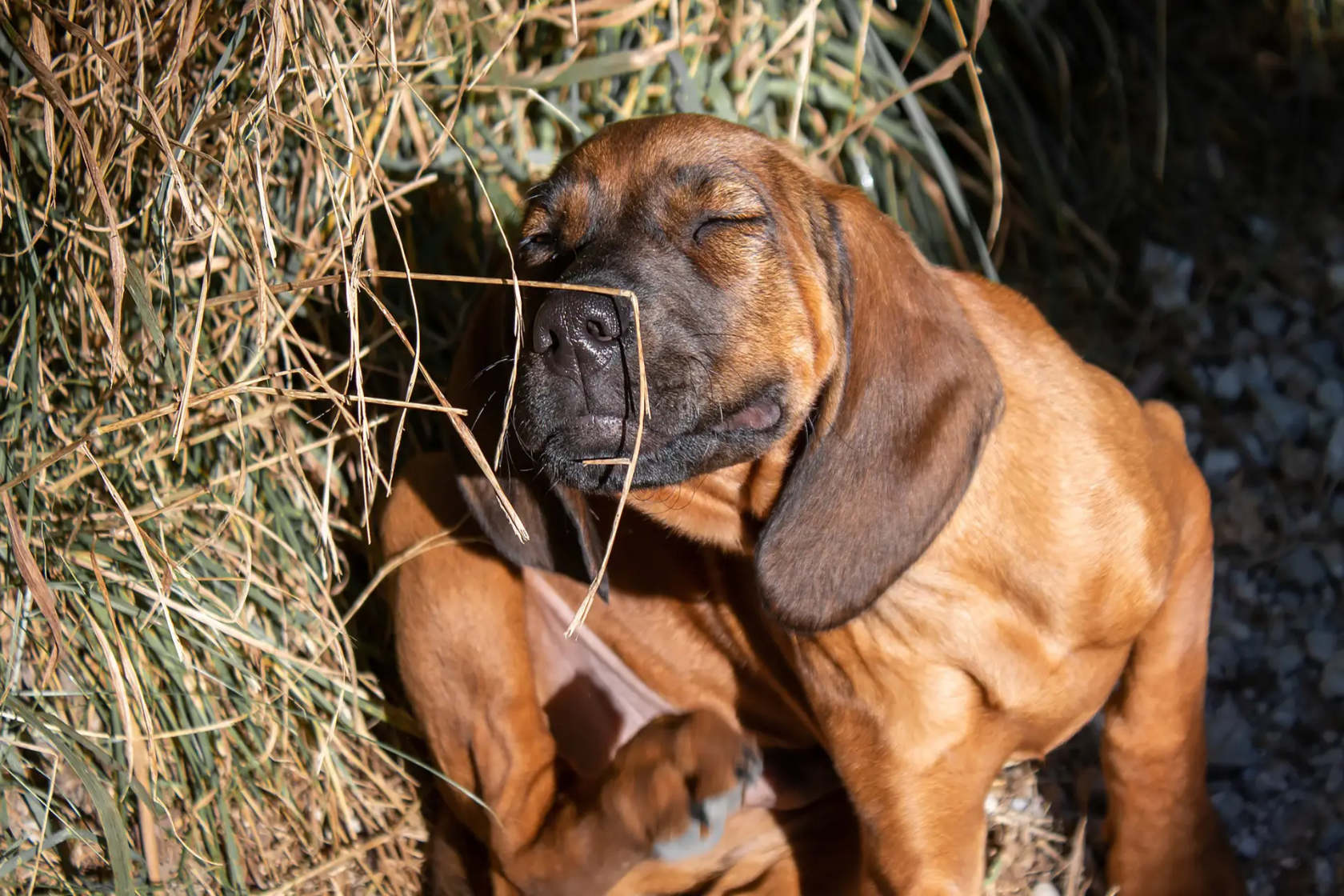In Part 3, the final part in this mini series, Kate Bendix explains the affect antibiotics can have your on dog's gut.
“Getting the gut back to fighting weight can take a while, but the good news is you can do much of the repair work with diet”
We all know the drill, your dog gets an ear infection from jumping about in the sea then a course of antibiotics later Bob’s your uncle, everything is back to normal and you’re a hundred quid lighter in your pocket.
Antibiotics fought that ear infection by killing the bacteria that caused it. The problem is antibiotics can be indiscriminate and will kill some of the healthy bacteria in your dog’s gut, known as the microbiome, too. The gut microbiome consists of billions of microorganisms including bacteria, microbes and fungi and it’s responsible for keeping your dog healthy in ways we are only just beginning to understand.
So, now you have a new problem, how to entice the good bacteria back and restore order. An imbalance such as this is what’s known as gut dysbiosis and the toll on your dog’s health can be significant.
Now you have a compromised gut
Imbalance in the gut microbiome has been linked to conditions such as joint pain, diabetes, bowel problems, depression (dogs get depressed too) and obesity. A healthy gut is essential to keeping immunity high, and inflammation low. The irony is that the antibiotics prescribed for the infection will reduce immunity and raise inflammation.
It is estimated the gut can take six months to recover after a course of antibiotics, but this will vary wildly once you take, age, diet, existing health conditions and parasites into account. Your dog is unique and will take its own sweet time in recovering.
So after sorting out the initial infection now it’s time to get your dog’s gut back to health as soon as you can.
Repairing a compromised gut
Getting the gut back to fighting weight can take a while, but the good news is you can do much of the repair work with diet by feeding prebiotics and probiotics.
Prebiotics
Prebiotics are found in high fibre foods such as sweet potato, carrots, butternut squash, oats and flaxseed (I use ground flaxseed.) This prebiotic fibre feeds the good bacteria in the gut and encourages more to grow. I add a couple of teaspoons of mashed sweet potato or half a teaspoon of ground flaxseed to Nikita’s food and she’s a 10kg dog, but again, it’s whatever works for your dog.
Probiotics
Probiotics are living bacteria part of the ‘good’ bacteria found in the gut. Handily, you can get them as a paste at the vets at the same time you pick up the antibiotics and feed them alongside, helping to keep tummy upsets to a minimum and help keep the existing gut flora topped up.
When it comes to food, feed bone broth, kefir, natural organic yoghurt with no added sugar, or fermented veg. It’s vital to stay away from sugars as they will destroy good bacteria, and can also contribute to leaky gut, which messes up the gut flora even more.
Probiotics can be quite delicate and need a good amount of prebiotics in place for protection, and to give them as good a chance as possible to do their best work.
Other tips for rebuilding the gut
It’s not just about the food, we know that from our own health perspective. Recovering dogs need sleep, rest and as little stress as possible. If your dog doesn’t like other dogs maybe a gentle walk somewhere more peaceful will be just the job.
Remember, slow and steady wins the race.
By Kate Bendix
Writer and Author of My Itchy Dog, The Dog Diet and Worm Counts for Dogs



